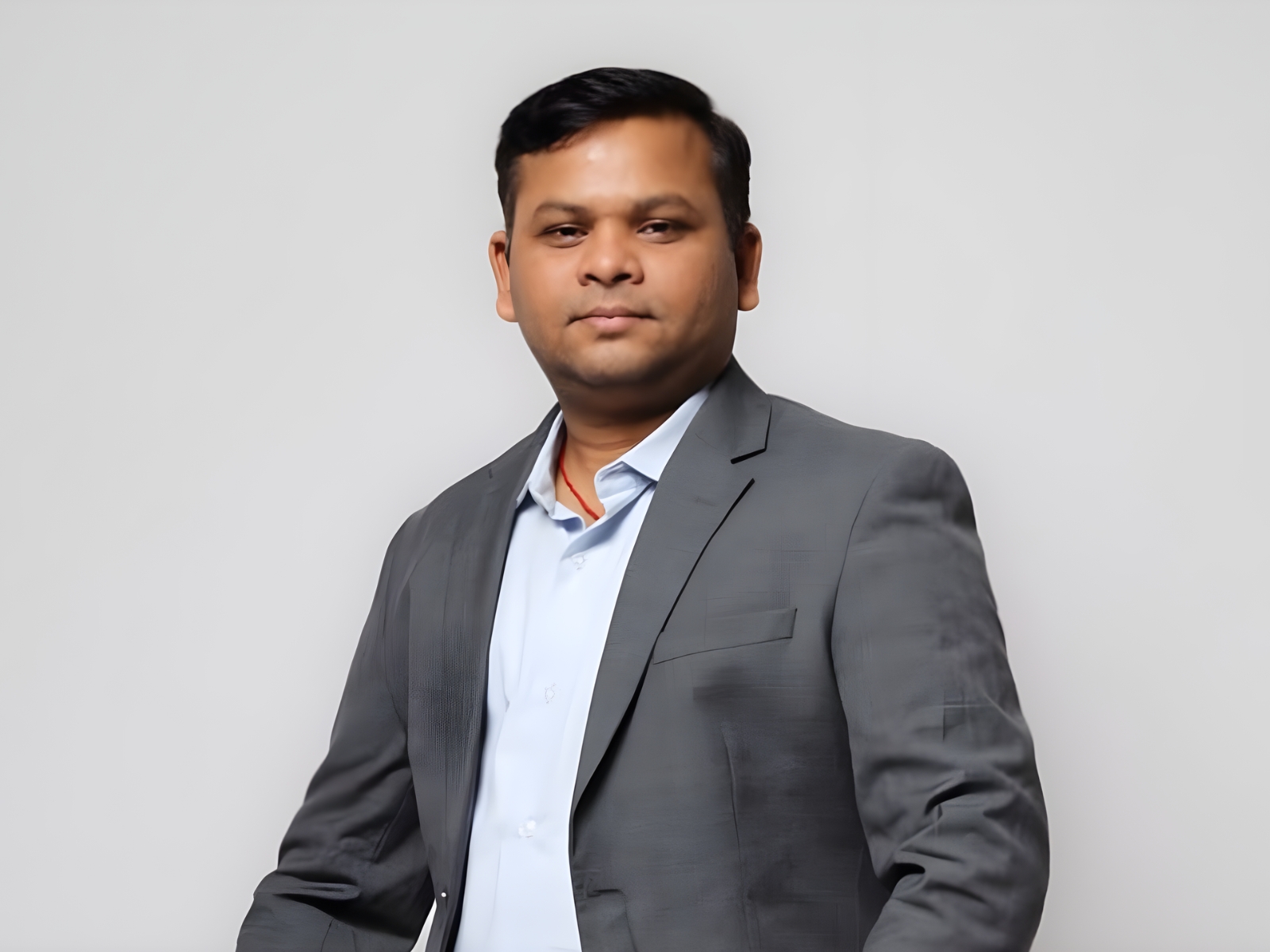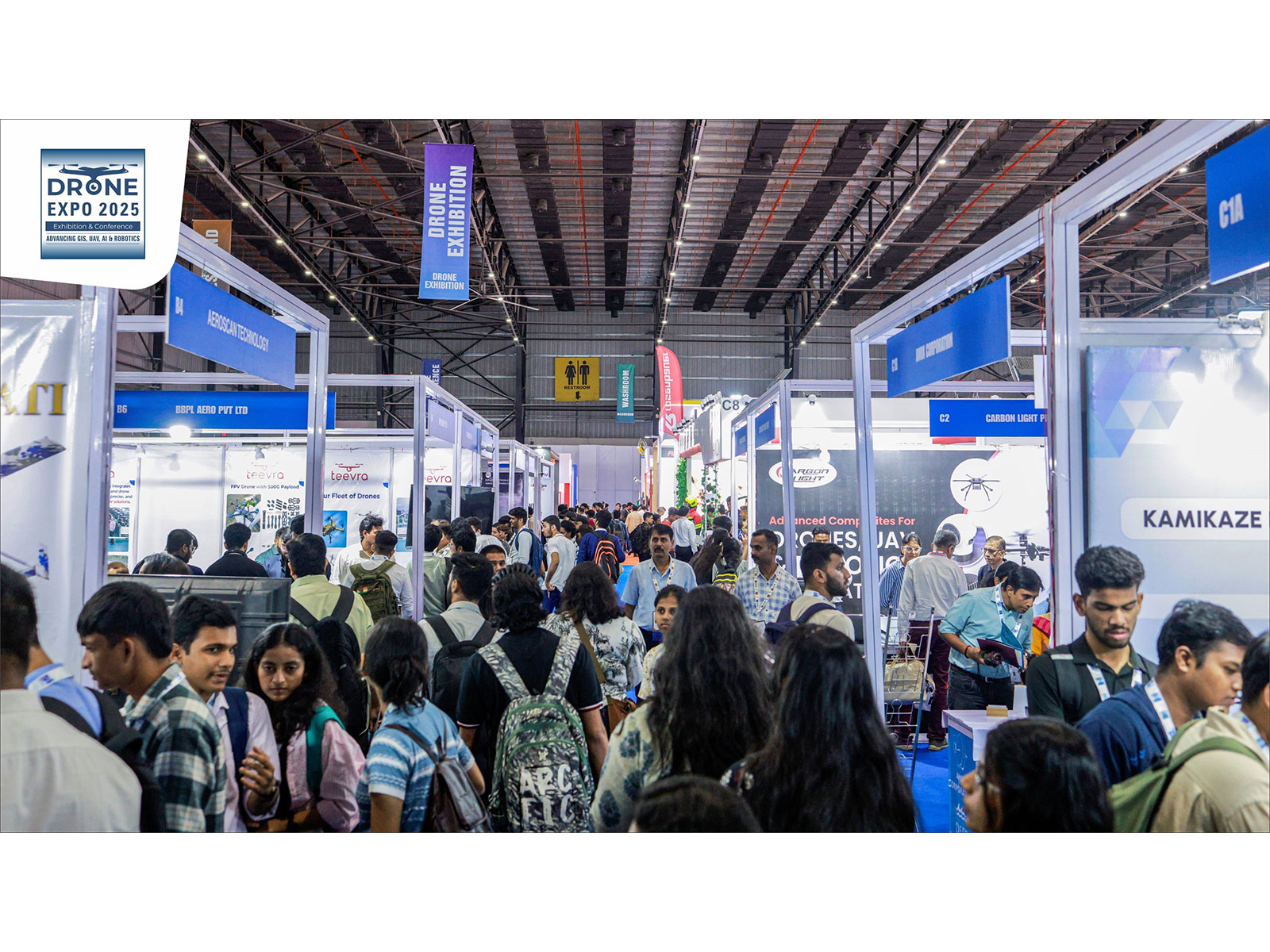How to See Health Insurance as an Investment, Not Just an Expense
Oct 04, 2025

VMPL
Mumbai (Maharashtra) [India], October 4: For many households, paying the yearly premium on health coverage feels like another fixed bill. It gets grouped with electricity, school fees, or car maintenance. The result is that insurance is often seen as money going out, never coming back. That mindset hides its real purpose. A carefully chosen health plan is not simply a cost. It works more like an investment, protecting both savings and long-term financial stability.
Why Coverage Matters More Than Ever
Medical expenses have climbed sharply in the last decade. In Indian metro cities, a simple surgery can cost more than a family earns in several months. Without medical insurance, those bills often come from hard-earned savings or personal loans. A sudden hospitalization doesn't just cause stress, although it can break financial plans built over years.
A mediclaim policy prevents that outcome. By shifting the burden to the insurer, families protect wealth that would otherwise disappear. Think of it as a safety net that catches you when an unexpected fall happens.
Insurance Through the Lens of an Investor
Investors usually look for growth or returns. Insurance doesn't give dividends or interest, but it delivers something equally important as security. Paying a premium means transferring risk to the insurer, and that protection is the return.
Imagine two families. One has no coverage and faces a ₹5 lakh hospital bill. The other pays around ₹20,000 annually for the best health insurance. When illness strikes, the second family walks out of the hospital with savings intact, while the first may take years to recover financially. The premium suddenly looks more like a clever trade-off than wasted money.
There is also a tax angle. Under Section 80D, those who buy health insurance can claim deductions on premiums. This lowers taxable income and adds another layer of benefit.
Security Beyond Numbers
Money saved is important, but health insurance also buys confidence. People with coverage rarely delay treatment because of cost. They choose better hospitals, accept advanced procedures, and recover faster. Good health feeds into productivity and quality of life, both of which hold long-term value.
Companies recognise this too. Employers offering coverage see fewer sick days and higher morale. In that sense, insurance creates value across families, workplaces, and society at large.
How to Pick the Right Policy
Today, it's easy to buy medical insurance online, where comparison tools simplify the decision and allow families to weigh coverage, premiums, and hospital networks. But then you must keep these things in mind according to your own situation:
-Coverage amount: Rising medical costs make higher coverage safer, especially in metro areas.
-Hospital network: A vast cashless network reduces panic during emergencies.
-Exclusions: Fine print matters; knowing what isn't covered avoids disappointment.
-Balance: The lowest premium isn't always the best. A slightly higher payment often brings broader protection.
Not every plan gives the same level of protection. To truly benefit, careful selection is essential.
The Long-Term Value of Protection
One way to look at insurance is through the concept of opportunity cost. Money spent on premiums could be used for investments elsewhere. Families often weigh premiums against potential returns, but the bigger risk lies in having no protection at all. One medical emergency is enough to empty savings accounts meant for life's milestones like education, housing, or retirement. Medical insurance should not be seen as competing with investments. Its role is to stand guard over them.
Another overlooked benefit is the availability of add-on covers. Critical illness riders, maternity coverage, and personal accident policies expand the scope of a standard plan. Families that select the best health insurance plan also gain flexibility, since riders and add-ons make policies more adaptive to life changes. Flexibility of this kind adds to the investment value of health insurance.
Moving Past the Expense Mentality
One reason people hesitate to insure is the absence of visible returns. If no claim is made, the premium feels wasted. But that view misses the point. Insurance works like fire coverage on a house; you hope never to use it, but without it, the risk is crushing.
A single surgery can wipe out an education fund or delay buying a home. That long-term cost is far heavier than an annual premium. By reframing insurance as a guard against disaster, the "expense" label quickly fades.
Conclusion
Health insurance deserves a place in every financial plan. It is not just a formality or a yearly burden. It protects savings, opens access to better treatment, reduces stress, and even offers tax benefits. A reliable mediclaim policy shields families from medical inflation and secures wealth for the future.
Those who buy health insurance for family with the mindset of an investor rather than a reluctant payer stand on stronger financial ground. In today's environment of rising medical costs, choosing to buy health insurance is less a luxury and more a necessity for lasting financial stability.
(ADVERTORIAL DISCLAIMER: The above press release has been provided by VMPL. ANI will not be responsible in any way for the content of the same.)








